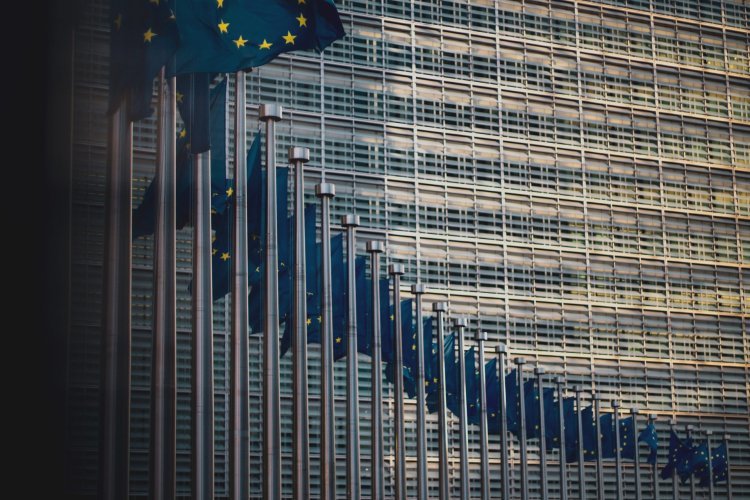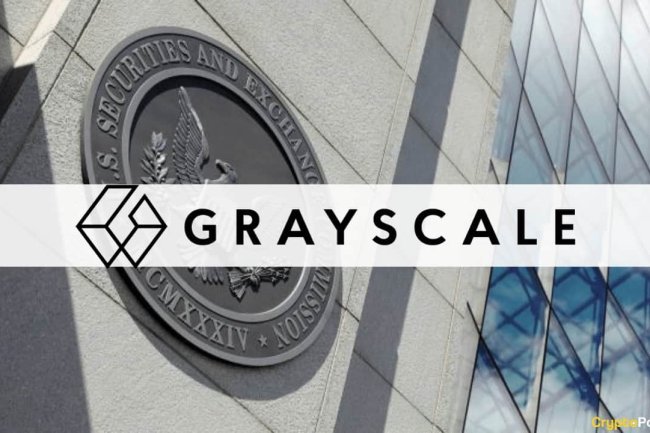Tech Giants Lobby for Lighter Regulations Ahead of EU AI Act Implementation

Tech Giants Lobby for Lighter Regulations Ahead of EU AI Act Implementation
As the European Union prepares to finalize its groundbreaking AI Act, major technology firms are making a concerted effort to influence the regulatory framework, seeking a more lenient approach to avoid potentially hefty fines.
In May, EU lawmakers reached an agreement on the AI Act, which represents the first comprehensive set of regulations governing artificial intelligence. However, the specifics regarding enforcement, particularly for "general purpose" AI systems like OpenAI's ChatGPT, remain uncertain as the accompanying codes of practice are still being developed.
The EU has called upon companies, academics, and other stakeholders to assist in drafting these codes, attracting nearly 1,000 applications—a notable number indicating high interest. While the code of practice will not be legally binding upon its implementation late next year, it will serve as a guideline for companies to demonstrate compliance. Failing to adhere to these codes could expose firms to legal challenges.
"The code of practice is crucial. If we get it right, we will be able to continue innovating," remarked Boniface de Champris, a senior policy manager at CCIA Europe, which represents firms including Amazon, Google, and Meta. He warned that overly specific guidelines could stifle innovation.
One area of contention involves the data used to train AI models, with companies like Stability AI and OpenAI facing scrutiny over the legality of using copyrighted materials without permission. The AI Act mandates that companies provide "detailed summaries" of their training data, allowing content creators to seek compensation if their work is utilized without consent. However, opinions differ on how much detail should be disclosed to protect trade secrets while also respecting copyright holders' rights.
OpenAI, criticized for its opacity regarding data sources, has expressed interest in joining the working groups responsible for drafting the code. Google has also submitted an application, while Amazon aims to leverage its expertise to support the initiative.
Concerns have been raised by advocacy groups like the Mozilla Foundation, which argue that major companies are avoiding transparency. Maximilian Gahntz, AI policy lead at Mozilla, stated, "The AI Act presents the best chance to shine a light on this crucial aspect and illuminate at least part of the black box."
Amid criticisms that the EU prioritizes regulatory measures over innovation, there are calls for a balanced approach. Former European Central Bank chief Mario Draghi recently urged the EU to coordinate its industrial policy better and invest significantly to remain competitive with global leaders like China and the U.S.
As the EU grapples with protectionist sentiments, emerging European tech firms are advocating for regulatory adjustments that consider their unique challenges. Maxime Ricard, policy manager at Allied for Startups, emphasized the need for obligations that are manageable for startups.
Once the code is finalized early next year, tech companies will have until August 2025 to align their practices with the new standards. Non-profit organizations, including Access Now and the Future of Life Institute, have also expressed interest in contributing to the code's development. Gahntz concluded, "As we clarify the AI Act's obligations, we must ensure that the voices of smaller players are not drowned out by larger corporations seeking to dilute essential transparency measures."
Click Here to Visit
What's Your Reaction?
















